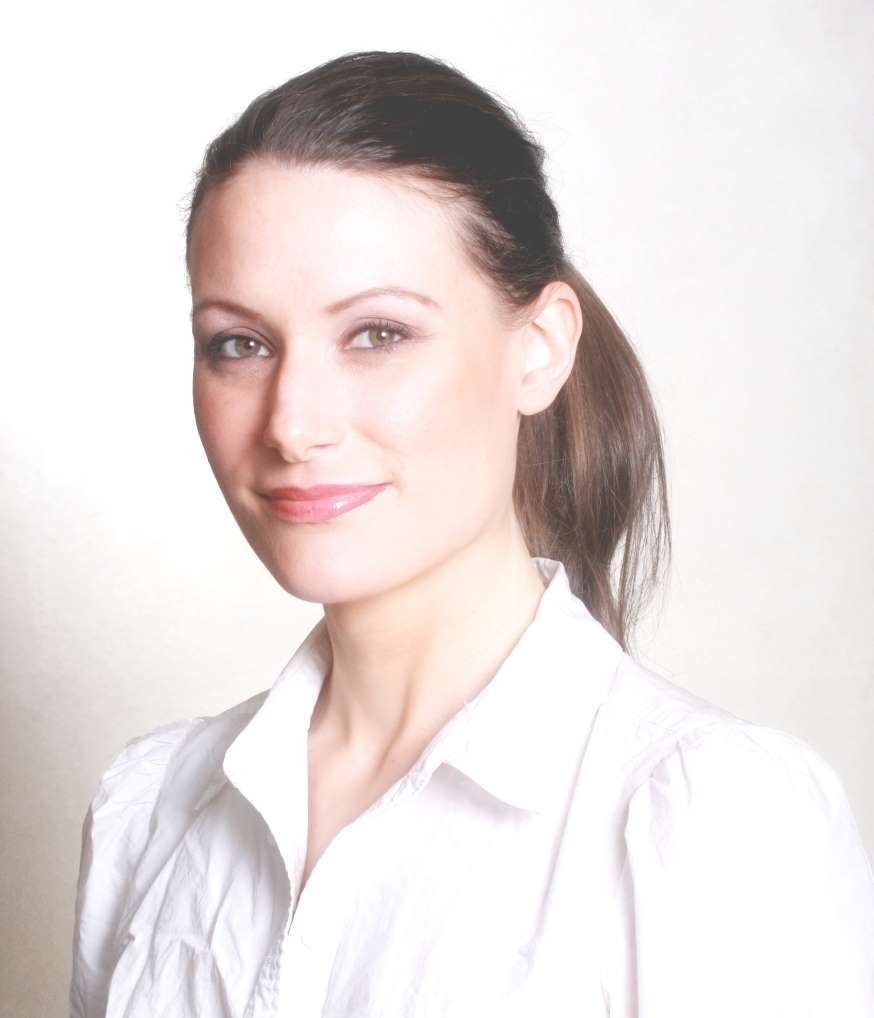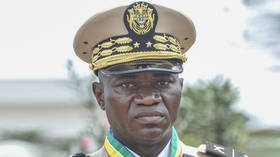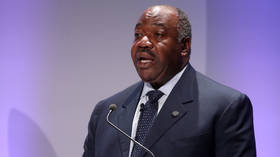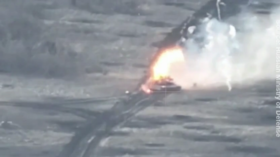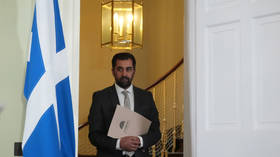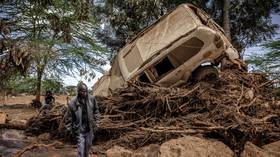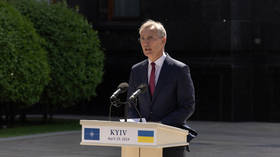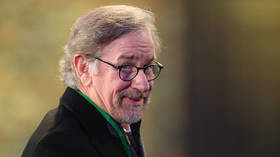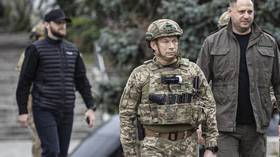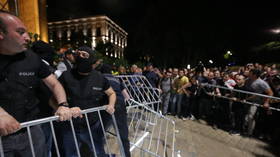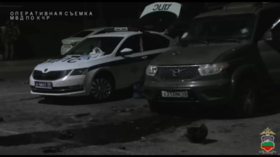African coups expose and unravel a web of Western meddling
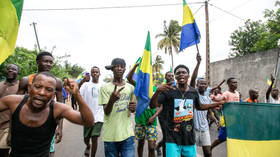
French prosecutors have just charged the country's former president Nicolas Sarkozy, who spearheaded Western support for the overthrow of Libyan leader Muammar Gaddafi in 2011, over alleged Libyan financing of Sarkozy’s 2007 election campaign.
Time sure does fly! It seems like it was just yesterday that the Libyan leader was visiting Sarkozy at the Élysée in the wake of Sarkozy’s 2007 election victory, insisting on making himself comfortable in a traditional Bedouin tent on the lawn of the lavish state guest house. Sarkozy had made a trip to Tripoli himself just a few months earlier, barely weeks after taking office. His spokesman called France and Libya’s anti-terrorist cooperation a “longtime common combat.” But suspicions about Sarkozy’s motives for leading the regime change charge arose in 2012, when Libyan intelligence officials implicated French agents in the capture and killing of Gaddafi in October 2011, alleging a cover-up related to Sarkozy’s 2007 election campaign. Anonymous European officials also started singing the same tune to the Western press.
When former US president Barack Obama took office in 2009, Paris insiders said that, given his focus on containing China, Obama delegated much of Africa to the French and Brits – who promptly screwed things up. And Obama was still talking about those screwups in 2016 when he told The Atlantic in an interview that he “had more faith in the Europeans, given Libya’s proximity, being invested in the follow-up,” in the wake of the French- and UK-backed coup against Gaddafi.
Obama underscored, in the same interview, just how easy it was to “purchase France’s involvement in a way that made it less expensive for us and less risky for [America]” – just by allowing Sarkozy to take credit for the coup. The idea that France or a French president can be “purchased” seems relevant here.
These events in Libya should also raise questions about the recent coup in Gabon and the role of France in creating the conditions that ultimately gave rise to it.
As with Libya and Gaddafi, Sarkozy also seemed to have an odd fixation with Gabon, making three visits to the country between his election in mid-2007 and February 2010, including shortly after Ali Bongo took power in 2009, with 42% of the vote, in the wake of his father Omar’s death. Kind of weird for a French president whose predecessor, Jacques Chirac – who loved Africa so much he built the Musée du Quai d’Orsay in tribute to it – had lamented his lack of interest in the continent.
“The main interest of my trip is to reaffirm loyalty. I want to show that France is faithful,” Sarkozy said during one of those visits to Gabonese President Ali Bongo in 2010. In the wake of these new corruption charges, it seems that French “loyalty” in the case of Libya may have been tied directly to French presidential or special interests. And, by some accounts, that could also be the case with Gabon.
In December 2010, The Guardian, citing a US diplomatic cable dated July 2009 and published by WikiLeaks, reported that then-president Omar Bongo and other Gabonese officials had embezzled billions of funds from the pooled reserves of six African countries at the Bank of Central African States “for their own enrichment and, at Bongo’s direction, funnelled funds to French political parties, including in support of French President Nicolas Sarkozy.”
When all these special interests and shenanigans are taken into account, it makes it difficult to take today’s French proclamations related to coups in Africa at face value.
France “condemns the military coup that is under way in Gabon,” said government spokesman Olivier Veran earlier this week, as military officers took over the former French colony in the same way they have recently in Niger, Mali, Guinea, Burkina Faso, and Chad. Yet another big win for another French military stability mission, this time involving 400 “permanent” in-country troops. Or maybe not so permanent, after all. Perhaps the audacity of considering any foreign presence to be permanent is a non-insignificant part of the problem.
What’s particularly interesting about Paris’ outrage over the coup against Bongo is that the French really didn’t seem to care about democracy – or the appearance thereof – as long as Bongo stayed in power. The recent presidential election, denounced by the Gabonese opposition as fraudulent and which sparked the coup, wasn’t even subjected to international observers. Apparently, the West just couldn’t be bothered sending any. It’s not like they didn’t know there would be a massive risk of fraud. Washington’s Freedom House NGO scores the country a whopping zero on the issue of whether the “current head of government or other chief national authority” is elected through free and fair elections.
US Senate Foreign Relations Committee Chairman Senator Bob Menendez (D-NJ) has said he is “deeply concerned about the military coup in Gabon and the sham election that preceded [it].” But apparently Washington wasn’t concerned enough for Gabon to have pinged the “freedom and democracy” radar until this past week.
So, why are the Westerners only bothering now? Well, as far as they were concerned, the Bongo clan – Ali, who’s been in power since 2009, and his father, Omar, before that – were considered to be firmly in the Western stable. French multinationals in particular, like TotalEnergies and Eramet have exploited the country’s energy and minerals – in particular manganese, which is essential in steel production and considered critical by the West.
The truth is that France and the West only complain about a lack of democracy in their African stomping grounds – or anywhere else – when they’re worried that the new management might rip up yet another one of their meal tickets, or hand it to someone else.
The statements, views and opinions expressed in this column are solely those of the author and do not necessarily represent those of RT.
